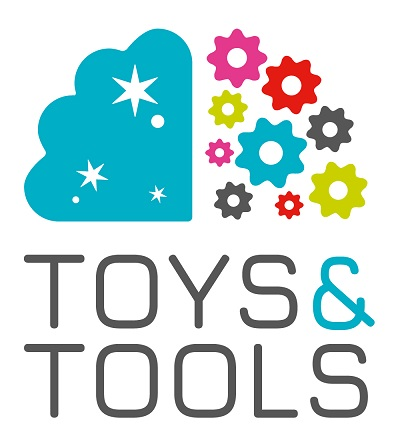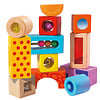Conversation Cards Executive Functions [Primary School Set]
The primary school set of executive functions can be used for children from 7 years old. The cards are a tool for coaches, counselors and remedial teachers to start a good conversation. Read more
Conversation Cards Executive Functions [Primary School Set]
The primary school set of executive functions can be used for children from 7 years old. The cards are a tool for coaches, counselors and remedial teachers to start a good conversation. That is the driving force behind the development of conversation cards about executive functions.
The primary school set contains 66 cards, per executive function there are 5 statements to use. The set is applicable to children from 7 years old.
The statements on the cards invite you to clarify during the (child) conversation what the student is already good at and where there are room for improvement.
The student is involved in his own learning process, which increases the motivation to work on the points for improvement.
What are executive functions and why is it important to work on them?
Executive functions are 11 skills you need to succeed in life such as; at school, at work, in relation to others or in your personal life.
The 11 executive functions are:
Thinking skills:
1. plan
2. organize
3. time management
4. working memory
5. metacognition
Behavioral Skills:
6. Response Inhibition
7. emotion regulation
8. sustained attention
9. task initiation
10. flexibility
11. purposeful perseverance
The kit contains:
- 124 cards. For each executive function, there are 10 statements that can be used by children in secondary education. There is also a category card for each executive function.
- A comprehensive starter guide
- The information cards as PDF, so you can print them in A4
- The questions for each executive function;
- A list of games that you can use to train the executive functions.
How can you use the cards?
This is one of the options:
The parents' request for help is: “My son cannot plan and we always fight about that at home. He can't get his homework done and then does it at the last minute, causing him and us stress.
The coach takes the discussion cards with the Plans section and discusses the statements on them. By using follow-up questions, it is examined whether he really cannot plan or whether something else is going on. The conversation with the child shows that he is very good at packing his football bag and his own suitcase. So he can plan in that situation. You can now discuss with the child how to make the transition from packing your football bag to planning your homework.
It may also be that the problem lies more in the lack of overview. Then you can, for example, take the time management cards.
In this way, both the child and you gain good insight into what you will work on together.
Scheduling examples of a statement on a conversation card:
* I use strategies to remember my homework.
* I always or usually have the right materials I need to do and learn my homework.
* A calendar or agenda helps me to reduce stress during tests.



 Toys
Toys
 motor skills
motor skills
 Sences
Sences
 Tools
Tools
 Coaching and School
Coaching and School
 Snoezelen
Snoezelen
 Sale and More
Sale and More
 Free Printables
Free Printables

![Leren Leren Schiedam Conversation Cards Executive Functions [Primary School Set] Leren Leren Schiedam Conversation Cards Executive Functions [Primary School Set]](https://cdn.webshopapp.com/shops/16591/files/394661399/500x500x2/image.jpg)


